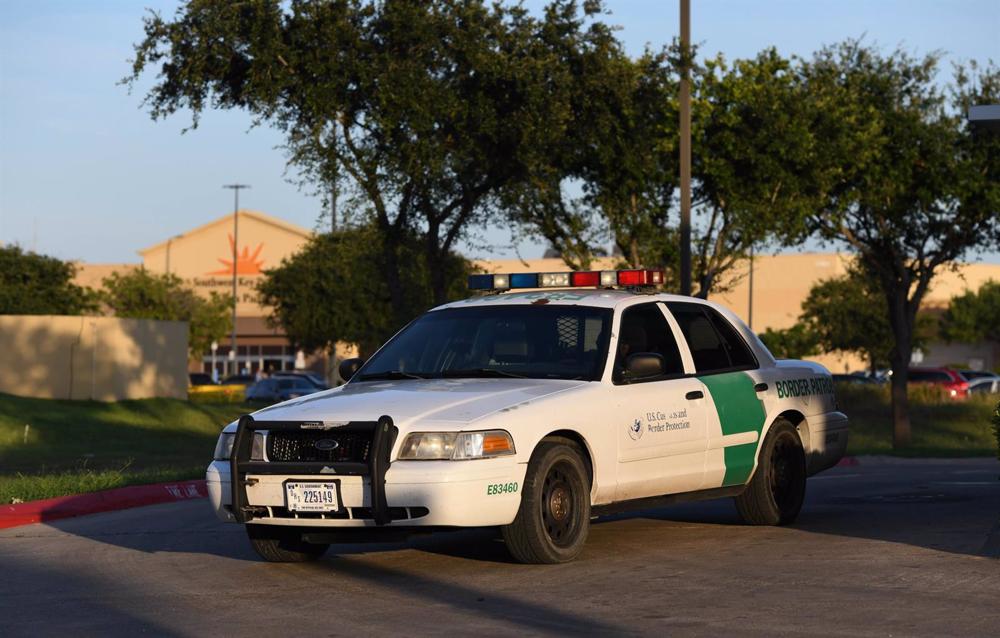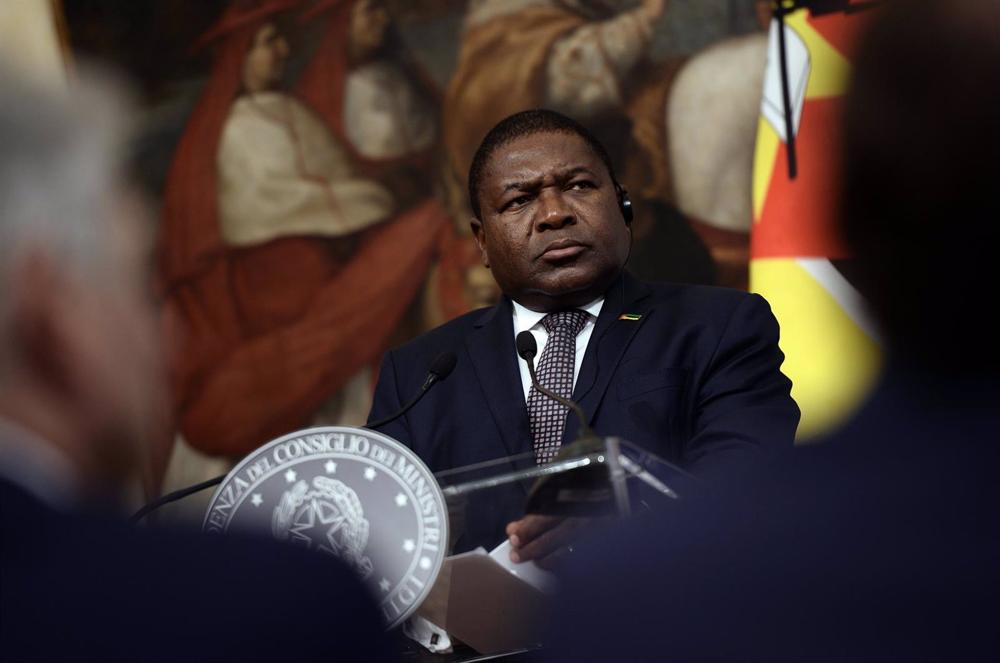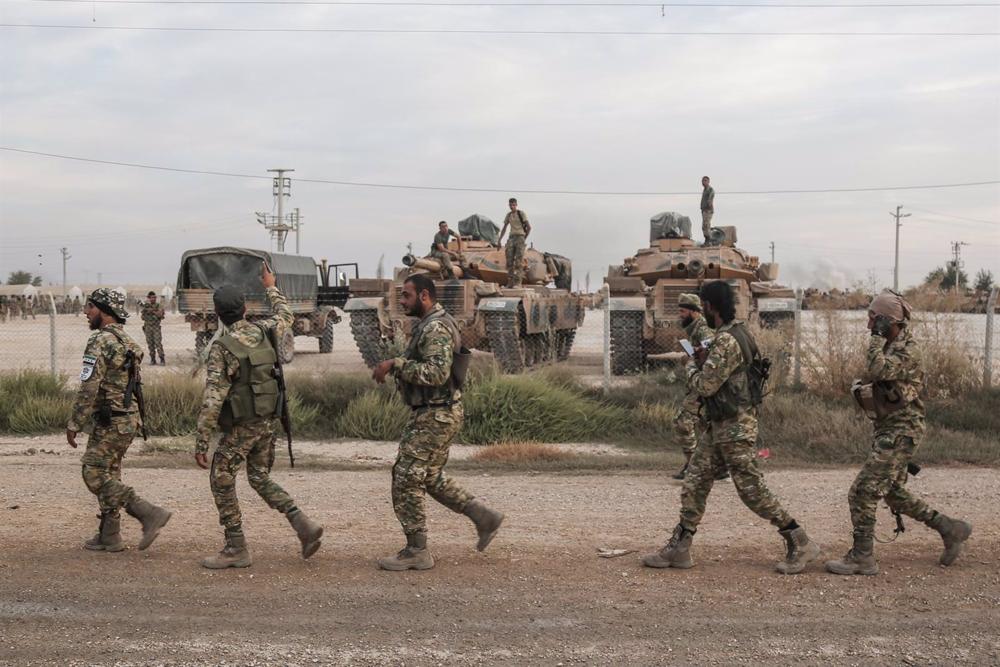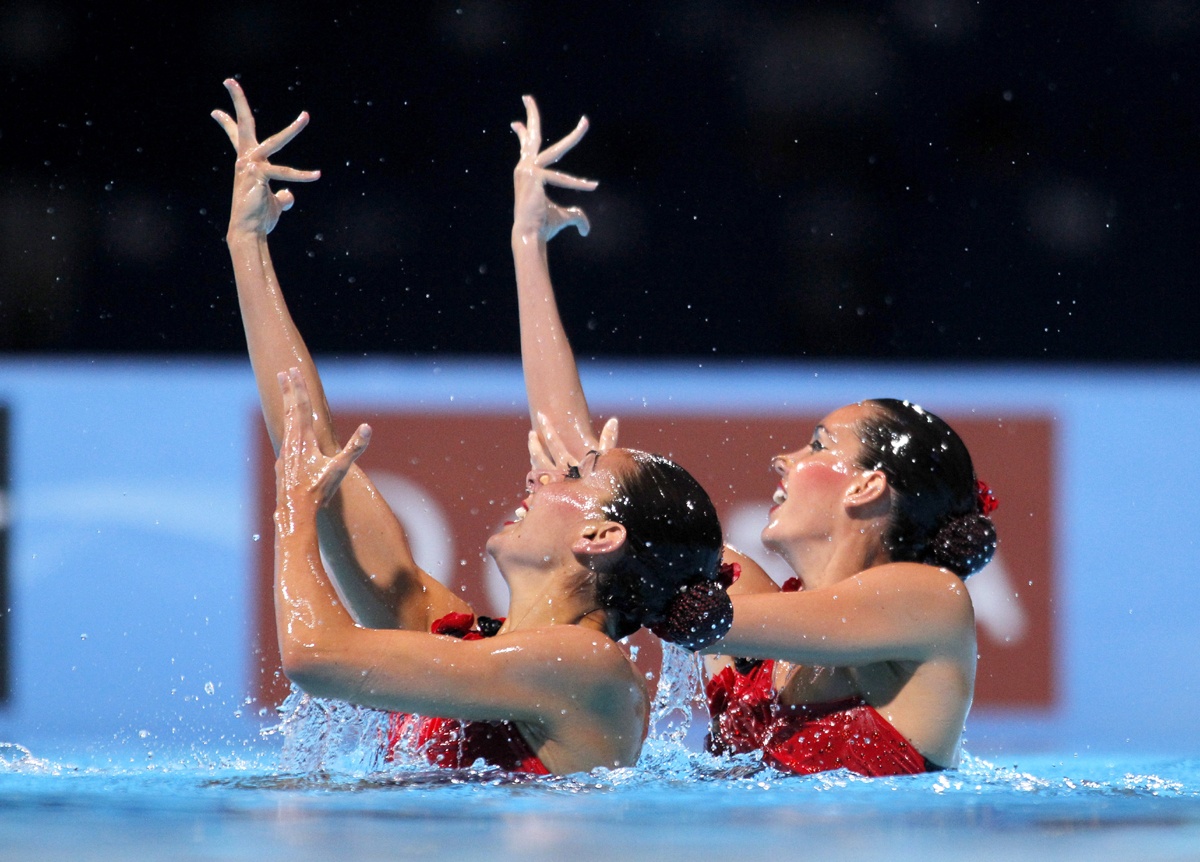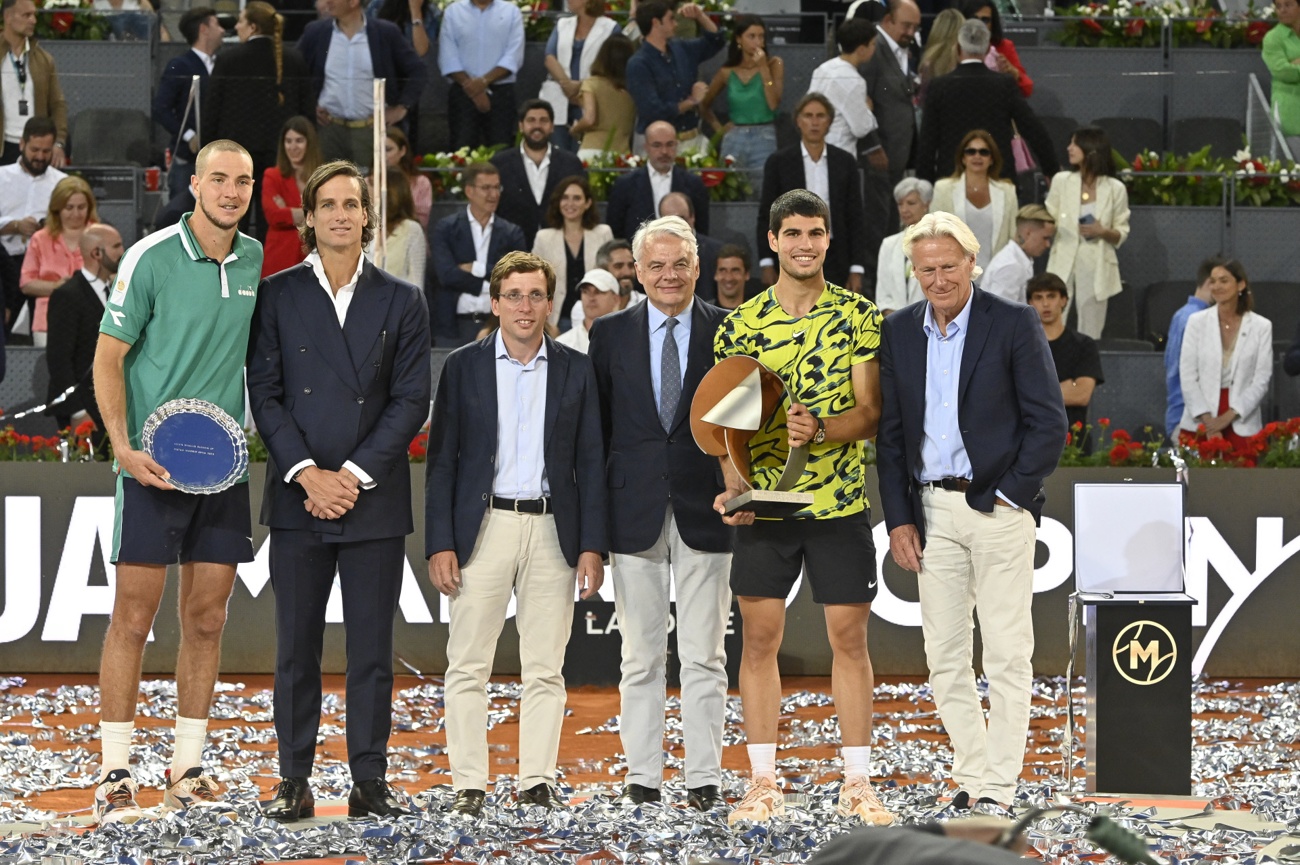
The European Commissioner for Energy, Kadri Simson, has appealed to the ministers to show «flexibility» in their meeting this Tuesday to bring positions closer and achieve a «very clear» objective: to agree on a gas price cap to limit excessive maximums that keeps the EU-27 divided given the risks that the measure implies for the European Union (EU).
«It will not be easy,» Simson predicted on his arrival at the meeting, aware of the necessary balance between the benefits and risks of the measure, and with the Member States divided into two blocs that most ministers believe are reconcilable and that criticize, on the one hand, as is the case of Spain, the excessive threshold of the price cap and that, on the other, are reluctant to intervene in the market because of the risk to gas supplies.
Aware that the capitals have «very different views and concerns» about the gas price cap, the European Commissioner said that this is «understandable» although she has also asked to be able to «reach certain compromises» to be «more prepared for next winter and reduce vulnerabilities».
Simson also acknowledged that she had been in contact with some of the ministers over the weekend in order to test the temperature of the two blocs, which on Tuesday held a meeting prior to the Council of Ministers, as confirmed by diplomatic sources, in order to bring positions closer together.
Along the same lines, the Minister of Industry and Trade of the Czech Republic, who holds the rotating presidency of the Council until the end of the year, Jozef Síkela, quoted former West German Chancellor Konrad Adenauer to remind that «when one does not find the best solution at a given moment, one has to take the second or third alternative» and that «if everyone does not cooperate, those who are prepared to do so must act».
Also, like Simson, he said he understood the different positions and concerns of the Member States, but insisted that «the EU has no time to lose, because households and businesses expect a clear solution» which, in his opinion, is feasible since the proposal on the table offers «guarantees» to all the capitals.
For his part, the Greek minister, Kostas Skrekas, warned that «the time for consultation has run out» and called on his counterparts to «agree without delay» on the price of gas and solidarity energy purchases. «These are historic moments and we are all on trial,» he stressed.
«We cannot leave empty-handed,» added the Austrian Minister for Climate Action and Energy, Leonore Gewessler, who asked not to «hold hostage» the political agreements adopted at the last meeting of energy ministers, last November 24, on joint gas purchases and the acceleration of renewable permits while waiting for the negotiation on the gas price cap.
However, although she admitted that she is somewhat skeptical about this meeting given the «little movement in recent days», she does see a «reasonable margin» for compromise and for «moving forward» on the measures that have already garnered political agreement.
Meanwhile, the French minister for the sector, Agnès Pannier-Runacher, optimistic with a view to «bringing positions closer together», has advanced that she is approaching the meeting from a «pragmatic and conciliatory» position between the two blocs to help reach an agreement that will allow progress to be made towards solutions that guarantee gas supplies, the protection of citizens and companies and financial stability.

